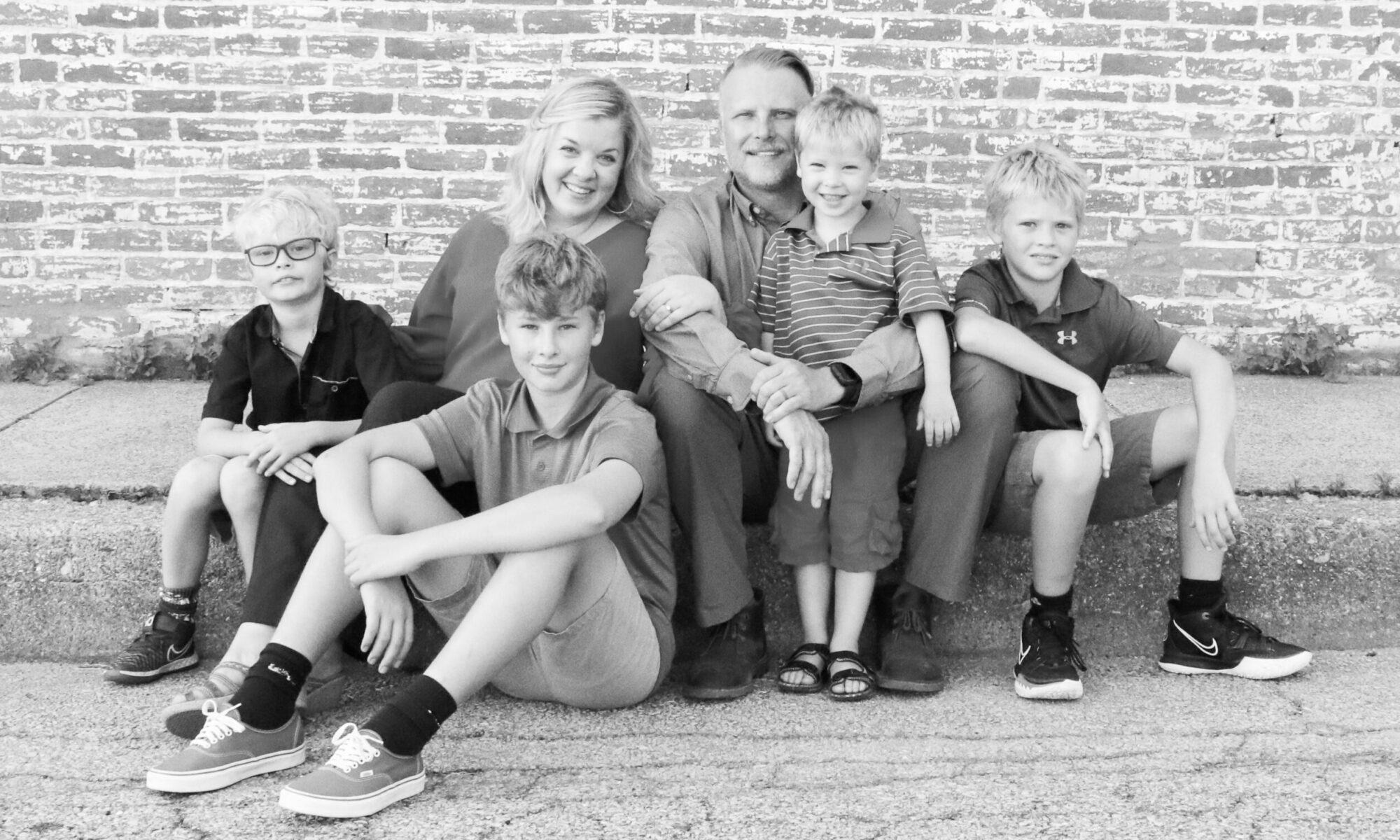These days my thoughts have drifted to the Pilgrims.
We tend to romanticize that first Thanksgiving. We imagine happy Pilgrims sitting over steaming plates of food and kindly asking their Indian guests to “please pass the potatoes.” It’s all so quaint—but our retellings of history have a way of puffing up the happy stuff and glossing over grim realities.
The first Thanksgiving wasn’t necessarily about celebrating abundance. It was more about celebrating God’s presence in the midst of great trial.
The first Thanksgiving feast occurred in 1621. True, there were Indians there. History records that ninety members of the Wampanoag tribe were present.
Of the 100 pilgrims who boarded the Mayflower in search of a new life, only fifty-three remained alive to eat the first Thanksgiving feast.
Which brings me to my point. (You just thought I was a history nerd, didn’t you?) The first Thanksgiving wasn’t necessarily about celebrating abundance. It was more about celebrating God’s presence in the midst of great trial.
The Pilgrims landed in New England after a treacherous journey. They spent their first winter on the boat because conditions didn’t allow them to build the new life they dreamed of on shore. Half the pilgrims died from exposure, malnutrition, and illness.
The real story doesn’t paint a pretty picture. It doesn’t hold up well to our Norman Rockwell and Martha Stewart visions of brined turkey and fall centerpieces. Sure there was food and fellowship, but that wasn’t the spirit of why they gathered.
They gathered because they chose to be thankful when bitterness, discouragement, doubt, and despair seemed like more logical options.
The Bible calls Thanksgiving a sacrifice (Ps. 107:22, 116:17; Jonah 2:9).
Giving thanks may not feel much like a sacrifice when the turkey is fat and the children’s cheeks are ruddy. Yet even in our current state of abundance, many of us find it difficult to take the time to thank God for all He’s done.
When life is hard and the days are dark and cold, thanking God is the response I can choose.
But when our plans go terribly wrong, our finances fail, our expectations are thwarted, or the smell of death is close by . . . then Thanksgiving becomes truly a sacrifice.
The truth is: life can be really, really hard. And yet,
“Give thanks in all circumstances; for this is the will of God in Christ Jesus for you” (1 Thess. 5:18).
How can this be?
Sorry for skipping around on the holiday calendar a bit, but when we are struggling with giving thanks, we need to remember what happened on Easter. Jesus died on the cross to save each of us from our sins. He paid a penalty we could never pay, freeing us from the bondage of sin and death. That alone should set our hearts into perpetual thankful mode. But three days after His sacrificial death, Jesus rose from the grave. He is alive!
Even when life is really, really hard we can be thankful for the great hope we have in a living God. Nothing can stop Him. Nothing can hold Him. The lengths He went to to demonstrate His love for us should cause gratitude to perpetually bubble up in our hearts.
I am thankful for that first Thanksgiving and all the turkey dinners it has afforded me. But this year, I am thankful for the deeper lesson that when life is hard and the days are dark and cold, thanking God is the response I can choose.
It’s a lesson I’m sure God will need to remind me of next year and the year after that. But God seems willing to keep teaching about thanksgiving, even to slow learners like me. For that, I am thankful.
Even if your circumstances are difficult, what can you thank the living God for this year? Leave us a comment with your answer by Monday, December 2, and I will choose five of you to win a copy of Choosing Gratitude by Nancy Leigh DeMoss.
